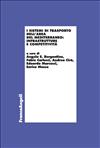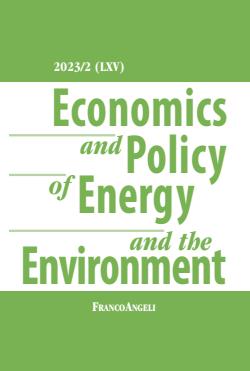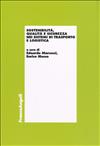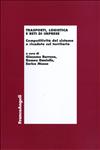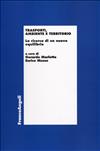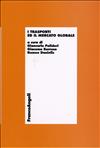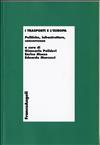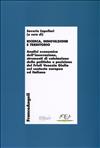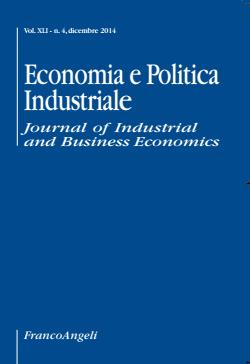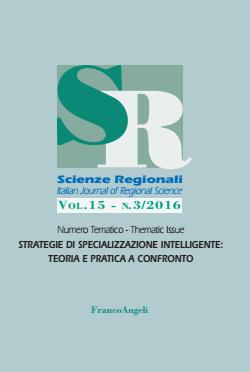
The paper presents a methodology to estimate the potential demand for carsharing by university students. The methodology is based on three surveys: a paper-and-pencil questionnaire; a detailed computer-assisted personal interview, and a contingent valuation interview. The data collected are used to operationalize a model that estimates the generalized cost under alternative scenarios, with and without carsharing. A Monte Carlo simulation procedure is used to estimate the probability that a person would use carsharing. The methodology has been tested with students enrolled at the University of Trieste. The main finding is that, under the prevailing conditions, a quite large number of the sample students (32%) would benefit in terms of generalised cost from the use of carsharing if a private car were unavailable. The model is also used to perform scenario analysis.
